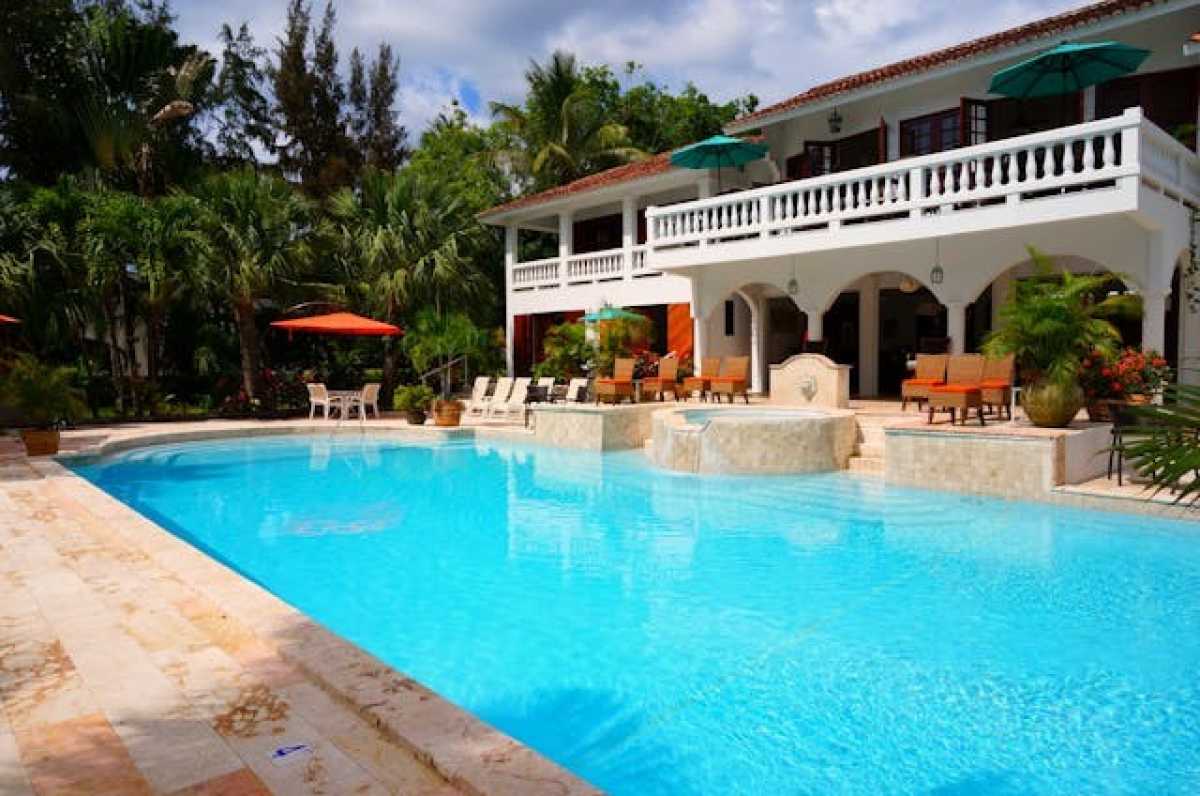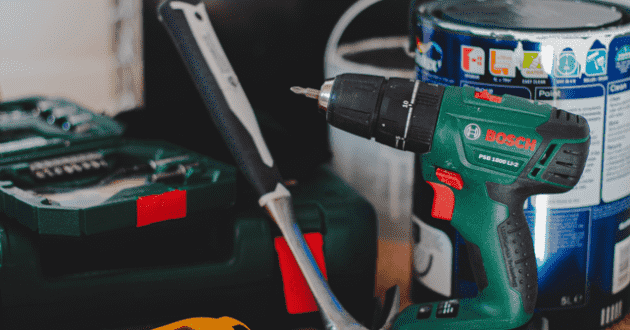The Ultimate Pre-Pool Checklist: 5 Things You Must Consider
- - Category: Remodeling
- - 27 Mar, 2024
- - Views: 61
- Save

Before venturing into the world of pool ownership, significant planning and deliberation are required.
Starting the process of creating a pool is an exciting venture that offers limitless hours of relaxation and enjoyment in your own backyard paradise. However, before venturing into the world of pool ownership, significant planning and deliberation are required. In this detailed guide, we will look at the key variables that will ensure a smooth and stress-free pool installation process. From appraising your backyard area to navigating permits and laws, each step is critical in designing the pool of your dreams.
Location and Size Assessment
The location and size assessment is an important phase in the pre-pool planning process, ensuring that your pool blends smoothly into your backyard while maximizing usefulness and aesthetic appeal. Begin by evaluating your outdoor space, taking into account available land area, terrain, and existing landscaping elements. Assess solar exposure throughout the day to find the best placement for your pool in terms of both sunlight and shade. Additionally, consider any potential obstacles, such as trees, power wires, or underground pipes, that may affect pool construction. Once you've found a suitable location, carefully examine the pool's size and design to maximize available area while accommodating your preferred activities and usage patterns.
Budgeting and Financing
Planning for a pool project involves budgeting your finances. You need to know that you can pay for both setup and upkeep costs. Start by figuring out how much everything will cost. This includes building the pool, all the equipment you'll need, any outdoor work, and anything extra that you want. Look into different ways of paying for it all. You might take out a personal loan or use your home's value as collateral for a loan. You could also get a line of credit from your bank. Think about what each option means for you financially. Look at how much interest you'll have to pay on a loan. Also, think about when the money is due back and if there are any hidden costs. Set an affordable budget that covers what is necessary. Make sure you leave some room in case something comes up or you find yourself needing money for upkeep later on.
Permits and Regulations
Permits and regulations are critical components of the pre-pool planning process, guaranteeing compliance with local building rules and zoning laws while protecting the safety of your pool environment. Begin by learning about the unique rules and regulations governing pool installations in your area, such as setback distances, fencing requirements, and safety standards. To avoid any fines or legal complications, obtain all essential permissions and approvals from local authorities prior to beginning construction. It is critical to collaborate closely with pool contractors and designers who are knowledgeable about local rules and can assist with the permitting process. Stay informed about any regulatory updates or changes that may influence your pool project.
Design and Features Selection
Selecting the design and features is an important step in creating your ideal pool, allowing you to tailor the aesthetics and functionality to your preferences and lifestyle. Begin by looking at several pool designs, taking into account things like shape, size, and style that will match your outside space and architectural elements. Next, consider crucial features like waterfalls, spas, and lighting options to improve visual appeal and create a luxurious atmosphere. Consider practical components like decking materials, pool coatings, and energy-efficient equipment to increase durability and save maintenance costs. Work with an experienced pool designer or contractor to turn your concept into a coherent and effective design plan.
Maintenance and Safety Considerations
Maintenance and safety considerations are critical to preserving the long-term enjoyment and safety of your pool area. Establishing a comprehensive maintenance program is critical for keeping your pool water clean, balanced, and debris-free. This includes regular skimming, vacuuming, utilizing a pool leak detection service, and chemical testing to ensure that the maintenance and clarity are optimal. Furthermore, invest in suitable filtration systems and equipment maintenance to ensure optimal operation and extend the life of your pool's components. Safety precautions are also essential, including pool fences, alarms, and covers to avoid accidents and unlawful access. Educate family members and guests about pool safety regulations and emergency procedures in order to reduce dangers and promote responsible conduct around the pool.
Conclusion
By meticulously considering elements such as location, budgeting, permits, design, upkeep, and safety, you can lay the groundwork for a smooth and joyful pool ownership journey. Remember, comprehensive planning is essential for establishing a pool setting that not only improves your outdoor living area but also delivers endless hours of relaxation, leisure, and delight for years to come. With careful planning and attention to detail, you will be well-prepared to embark on your pool installation journey with confidence and excitement.



